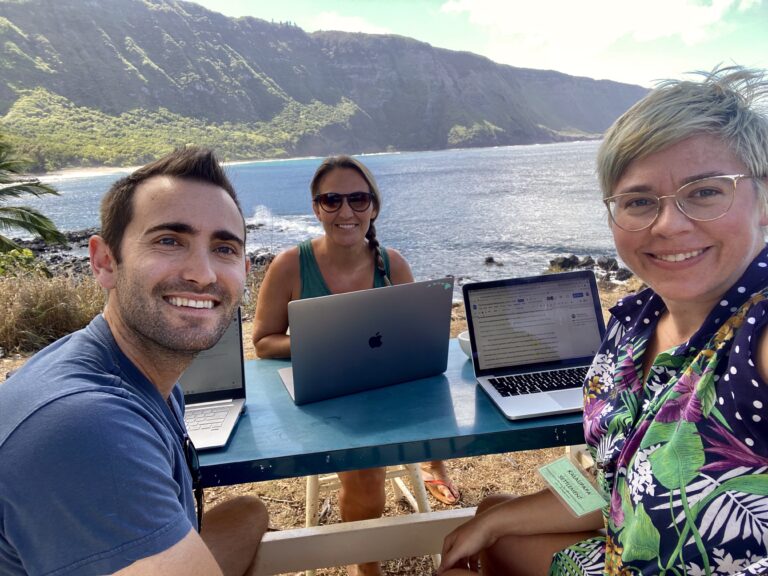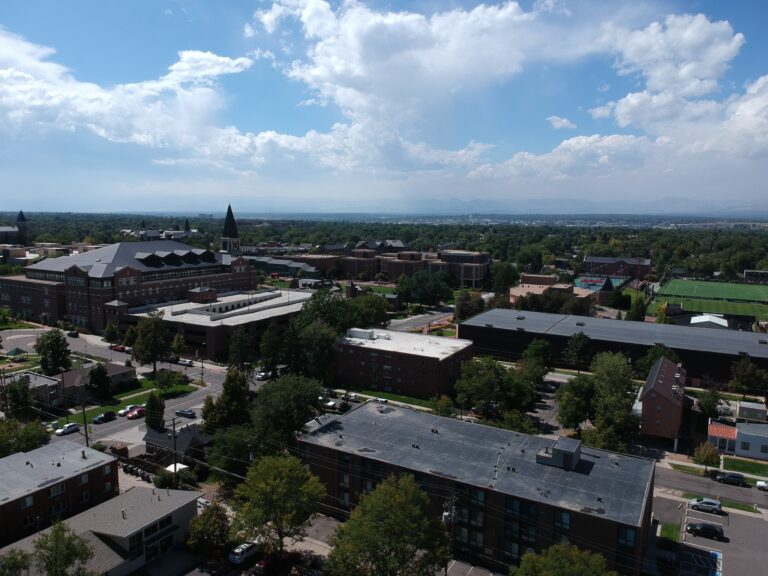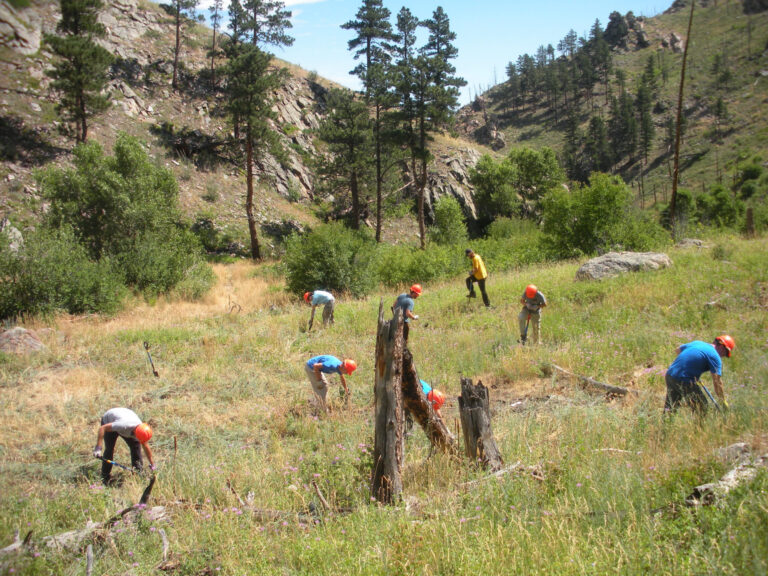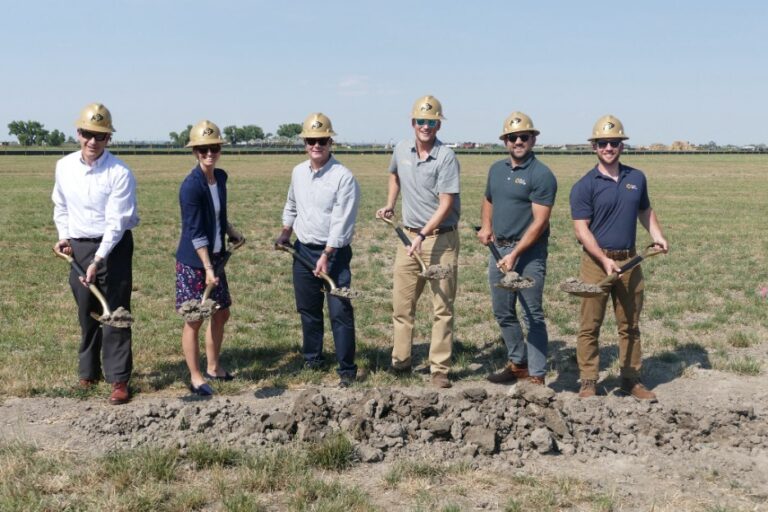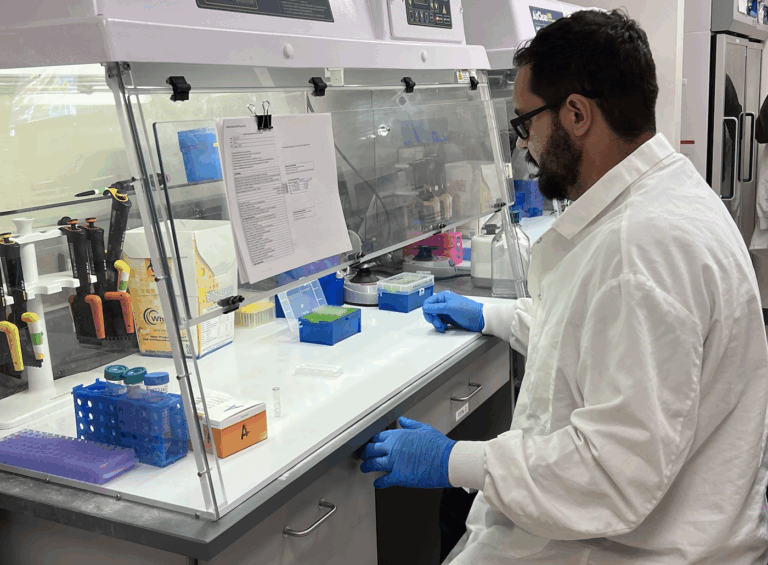
From COVID to measles: Colorado leads nation in wastewater surveillance
For Corinne Lengsfeld, vice provost for research and graduate education at the University of Denver, the launch of the Colorado National Wastewater Surveillance System Center of Excellence was akin to building the plane after takeoff.

